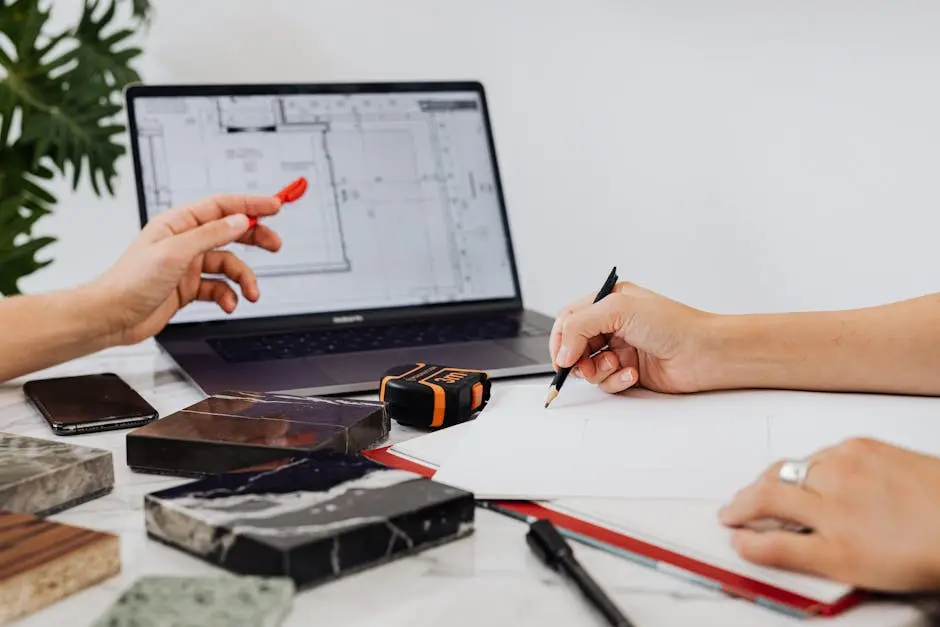Understanding Property Value
To appreciate how home additions affect value, one must first grasp what constitutes property value. Property value isn’t just a number; it encapsulates various factors, including location, amenities, and the overall condition of the home.
A home addition can significantly enhance these factors, thereby driving up the property’s worth. When properly planned and executed, additions can improve functionality, aesthetic appeal, and even energy efficiency, which are crucial to today’s buyers.
Furthermore, location plays an essential role in determining value. A strategically placed home addition, for instance, may elevate a home’s position in a competitive market, leading to a higher appraisal value.
Types of Home Additions
Different types of home additions, from extra bedrooms to sunrooms, contribute differently to overall value. A new bedroom can attract families looking for more space, while a sunroom may appeal to those who appreciate natural light and outdoor views.
In fact, some experts suggest that a well-designed addition can yield a return of nearly 80% to 90% on investment at resale. However, not all additions carry the same weight; for example, a master suite is often more appealing than a simple storage space.
Additionally, functionality matters immensely. Adding a home office has surged in popularity, thanks to the rise of remote work. A space that enhances the lifestyle of potential buyers can dramatically increase the property’s desirability.
Return on Investment (ROI) of Home Additions
Evaluating the return on investment helps in understanding what renovations are financially worthwhile. It’s important to calculate not only the upfront costs of the addition but also how much value it will add upon resale.
For instance, a kitchen remodel typically boasts a higher ROI compared to a basement finish. By prioritizing projects that are in demand, homeowners can strategically boost their property’s value.
Moreover, consulting with real estate professionals can provide insights tailored to local market conditions. Understanding what potential buyers are looking for can guide you toward the most beneficial type of home addition.
Market Trends and Buyer Preferences
Keeping an eye on market trends is crucial; certain additions may appeal more based on current buyer preferences. For instance, today’s buyers are placing a higher value on outdoor living spaces, making a deck or patio addition potentially rewarding.
Trends can change rapidly. Sustainability is increasingly becoming a hallmark of desirable homes, influencing decisions on what types of additions will add real value. Energy-efficient upgrades or greenhouses can thus provide significant appeal.
Additionally, understanding the demographic of your area can help pinpoint what specific additions may resonate well with local buyers. Families may prioritize playrooms or extra bedrooms, while young professionals might lean towards modern designs and open spaces.
Impact of Quality and Design
The quality of workmanship and the design aesthetics play vital roles in how much value is added. A poorly executed addition can not only fail to attract buyers but may actually detract from the overall value of the home.
Investing in high-quality materials and skilled contractors pays off in the long run. A thoughtfully designed addition that blends beautifully with the home’s existing structure will typically yield better returns.
It’s also worth noting that more traditional or timeless designs often appeal to a broader range of buyers. Thus, while trends can be enticing, maintaining a balance between durability and modernity is crucial.
Financing Your Home Addition
Exploring various financing options can help make your home addition a reality while maintaining financial stability. It’s essential to find a funding solution that aligns with both your budget and long-term financial goals.
Home equity loans are a popular route, allowing homeowners to leverage the value of their existing property. On the other hand, personal loans could also be another option if a smaller-scale addition is planned.
Having a budget in place is fundamental. Planning ahead and anticipating costs related to both construction and design will ensure your home addition is a worthwhile investment, ultimately supporting an increase in property value.
Maximize Your Home’s Value with Thoughtful Additions
In conclusion, home additions can significantly enhance property value when executed thoughtfully and strategically. Consider factors like location, quality of materials, and market demand to maximize your investment returns.







